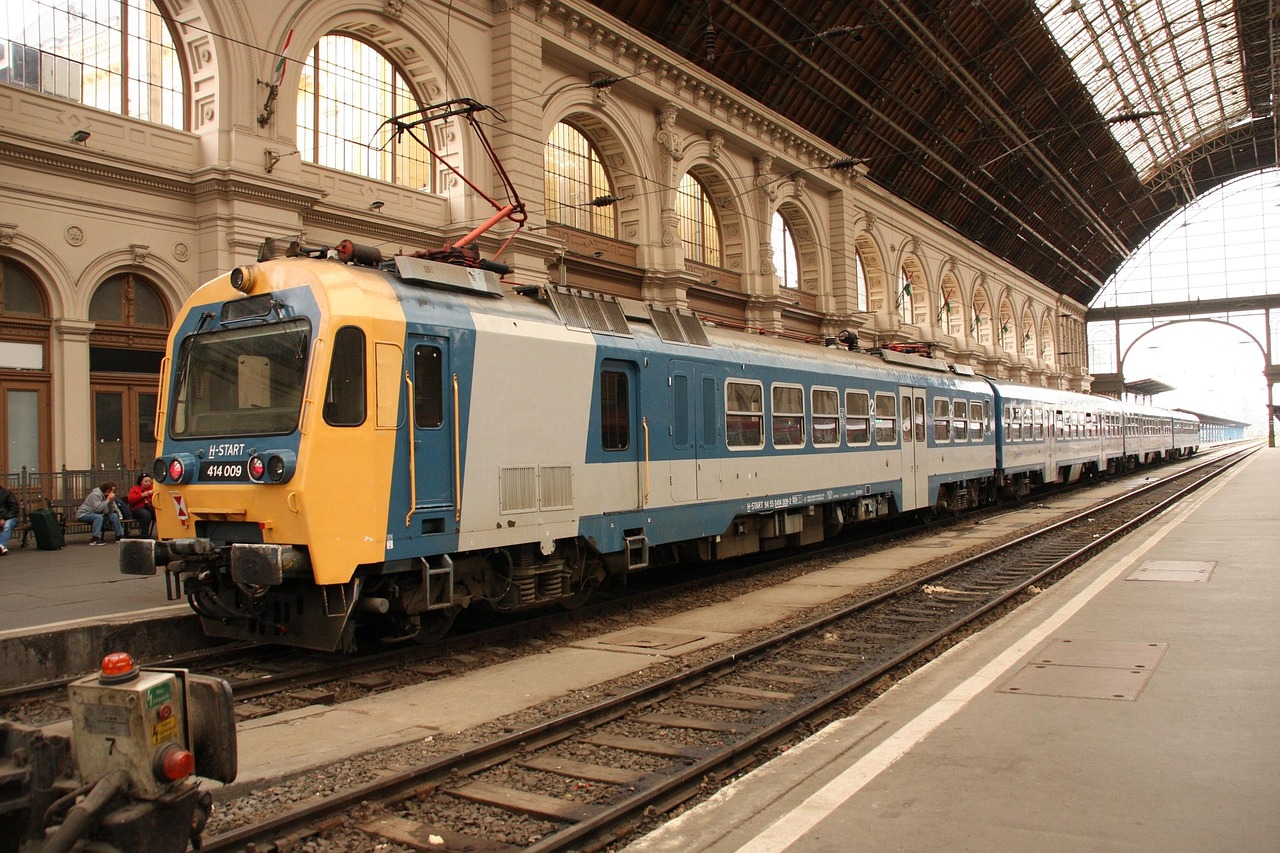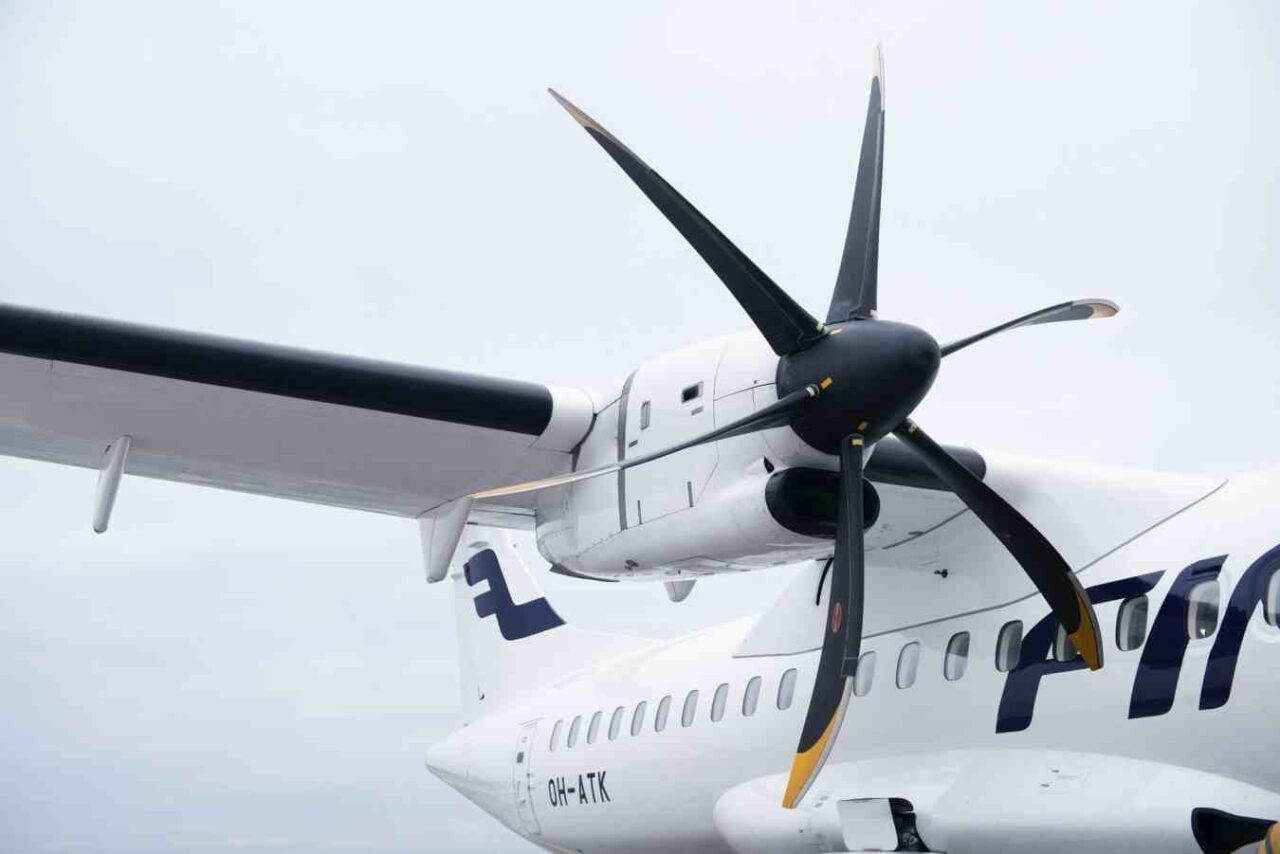Hungary’s national railway company, MÁV, has launched a new compensation system for passengers experiencing significant train delays, effective June 1, 2025. This initiative is a part of a broader plan by the Hungarian Ministry of Construction and Transport to improve public transportation across the country.
Under these new regulations, if a MÁV train experiences a delay of 20 minutes or more, passengers are now entitled to a 50% refund of their ticket price. This move aims to enhance passenger satisfaction and hold the railway accountable for timely service.
However, it’s important to note that this compensation policy does not apply to suburban HÉV railway lines or certain agglomeration bus routes. This is due to their typically high punctuality rates or specific contractual agreements that govern their operations.
The process for receiving a refund depends on how the ticket was purchased. For those who bought their tickets through the MÁV+ mobile application, the process is streamlined and automatic. Passengers will receive their refund directly to the bank card linked to their app. For this to work, it’s crucial that the geolocation tracking feature within the MÁV+ app is enabled. This feature helps to confirm the delay and ensure a smooth, automated refund process.
Passengers who purchased their tickets through other methods, such as online, at vending machines, or at ticket counters, can still apply for compensation. They will need to submit their refund request at the ticket office at their arrival station or the nearest available station. This ensures that all passengers, regardless of their purchase method, have access to the new compensation system.
This new policy from MÁV represents a significant step forward in passenger rights and aims to make train travel in Hungary more reliable and passenger-friendly. It reflects a commitment to improving the overall public transport experience, acknowledging the inconvenience that train delays can cause. As travelers increasingly rely on efficient and dependable public transport, such initiatives are likely to be welcomed by both local commuters and international visitors exploring Hungary by rail.










